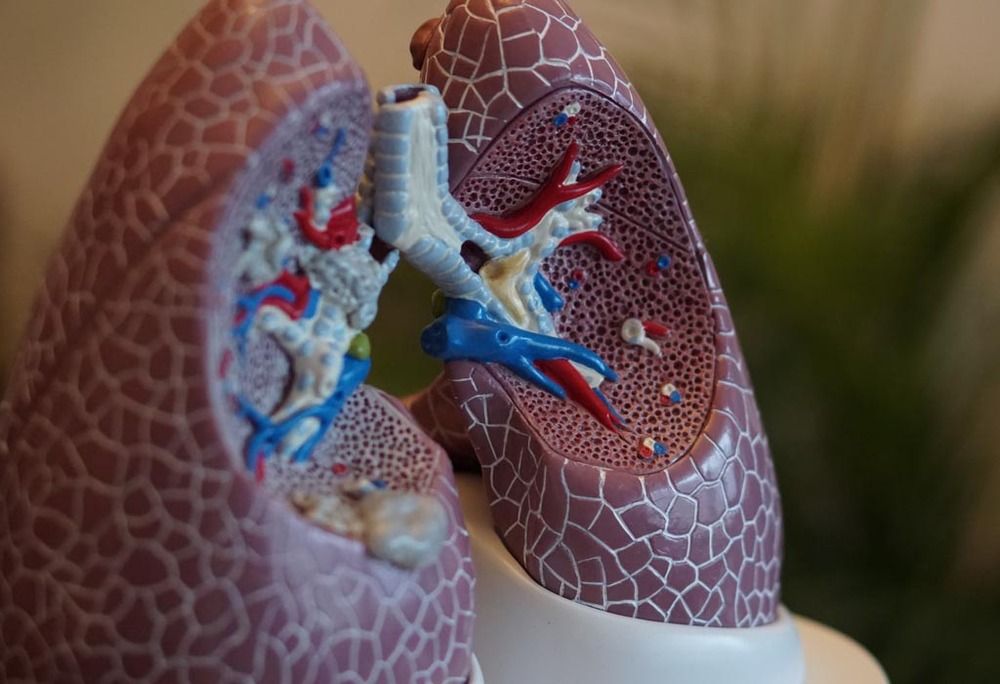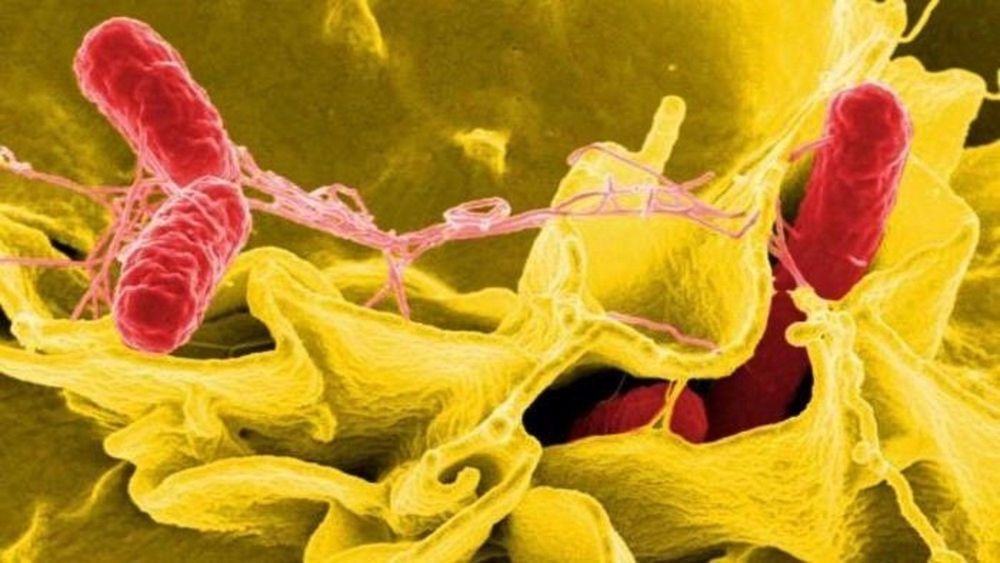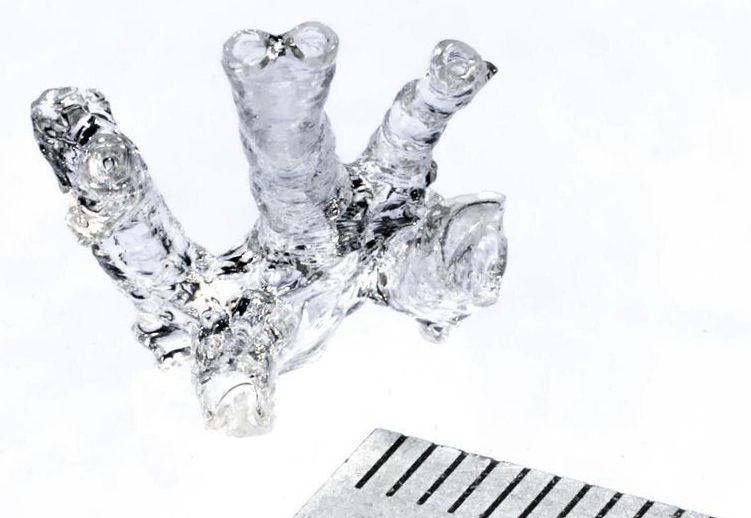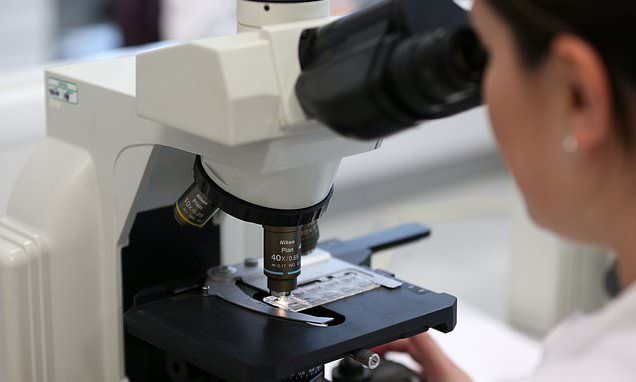On humans are many, and widespread across Earth. Respiratory and cardiovascular effects of air pollution have long been recognised, and account for the majority of air pollution-related deaths. There is also a strong link between poor air quality and the incidence of lung cancer.
Globally, ambient (outdoor) air pollution causes an estimated 25 per cent of all adult deaths from heart disease, 24 per cent from stroke, 43 per cent from chronic obstructive pulmonary disease and 29 per cent from lung cancer. Household (indoor) air pollution also leads to a wide variety of similar diseases and is one of the top five causes for premature death across the world. Current estimates put the death toll from household and ambient air pollution combined at 7 million deaths a year.







